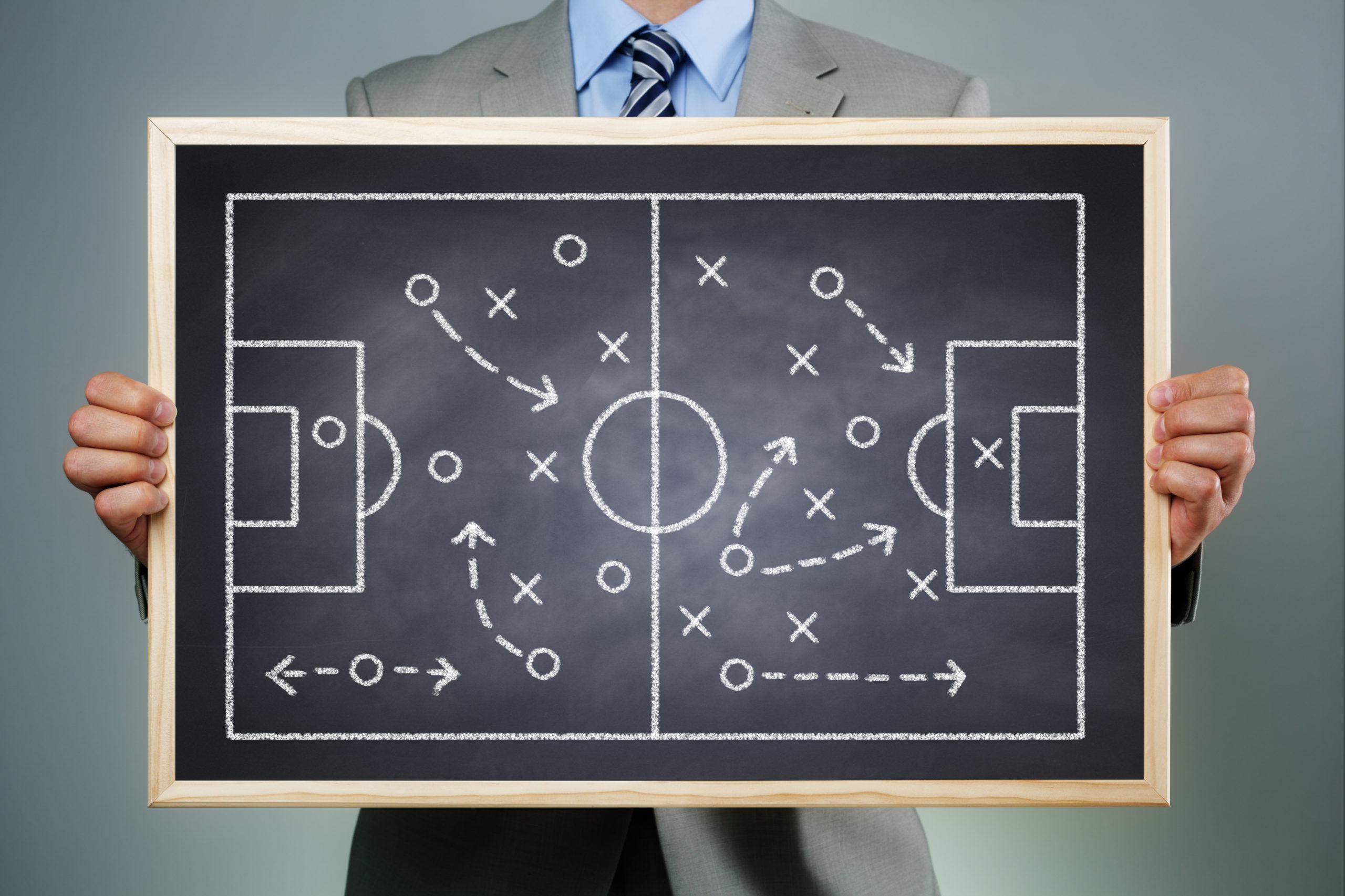Master’s Degree In Sports Management: Bridging Federations With Industry Best Practices
Sports education has become an important platform that combines organized study with professional insights to create strong foundations. Such programs are structured to build confidence, enhance planning ability, and support the needs of institutions. Learners gain tools that prepare them to manage federations and private units while adjusting to global expectations. This learning helps them remain flexible with reforms and industry standards. Many learners select master en gestión deportiva to shape a career in this growing sector.
Education Blending With Reality
Structured study combines academic learning with practice that mirrors workplace tasks. This balance helps students turn knowledge into solutions for real issues. Such exposure strengthens their ability to act within sports units.
Federation Partnerships Growth
Students learn the value of strong federation relations for progress. Courses promote understanding of collaboration and highlight ways to align policies. Learners with master en gestión deportiva become trusted partners within federations.
- Project work examines federation roles and shared responsibilities carefully.
- Class sessions encourage teamwork that mirrors governing body processes.
- Guidance focuses on creating trust through transparent communication channels.
- Research explores strategies that federations apply for broad development.
- Modules highlight coordination methods used by international sport councils.
Industry Best Practice Models

Courses highlight professional standards that shape growth in sports systems. Learners understand how to apply principles that match international norms. By adopting these models they enhance quality and maintain credibility.
Career Development Opportunities
Graduates step into roles that require planning for teams or units. They contribute to both governance and strategy within sports structures. This pathway leads to positions in federations or private organizations.
Future Ready Training
Programs prepare learners with skills for upcoming changes in sports. With flexible knowledge, they adjust to new demands across organizations. This readiness ensures steady growth along diverse professional routes.
Developing connections between structured education and applied work ensures qualified experts who strengthen trust with governing units. Training builds clarity that matches expectations of modern institutions while also fostering cooperation. By merging knowledge with practice, learners gain confidence to deliver effective results in real settings. The structure of these programs helps shape individuals into capable professionals who can direct reforms and sustain growth across sports management.
FAQs
What is the main benefit of this program?
It links professional learning with applied practices across sports sectors.
How do federations gain from trained managers?
They receive skilled individuals who strengthen policies within sports systems.
What makes graduates future-ready in this program?
They gain flexible knowledge that supports growth across sports organizations.

